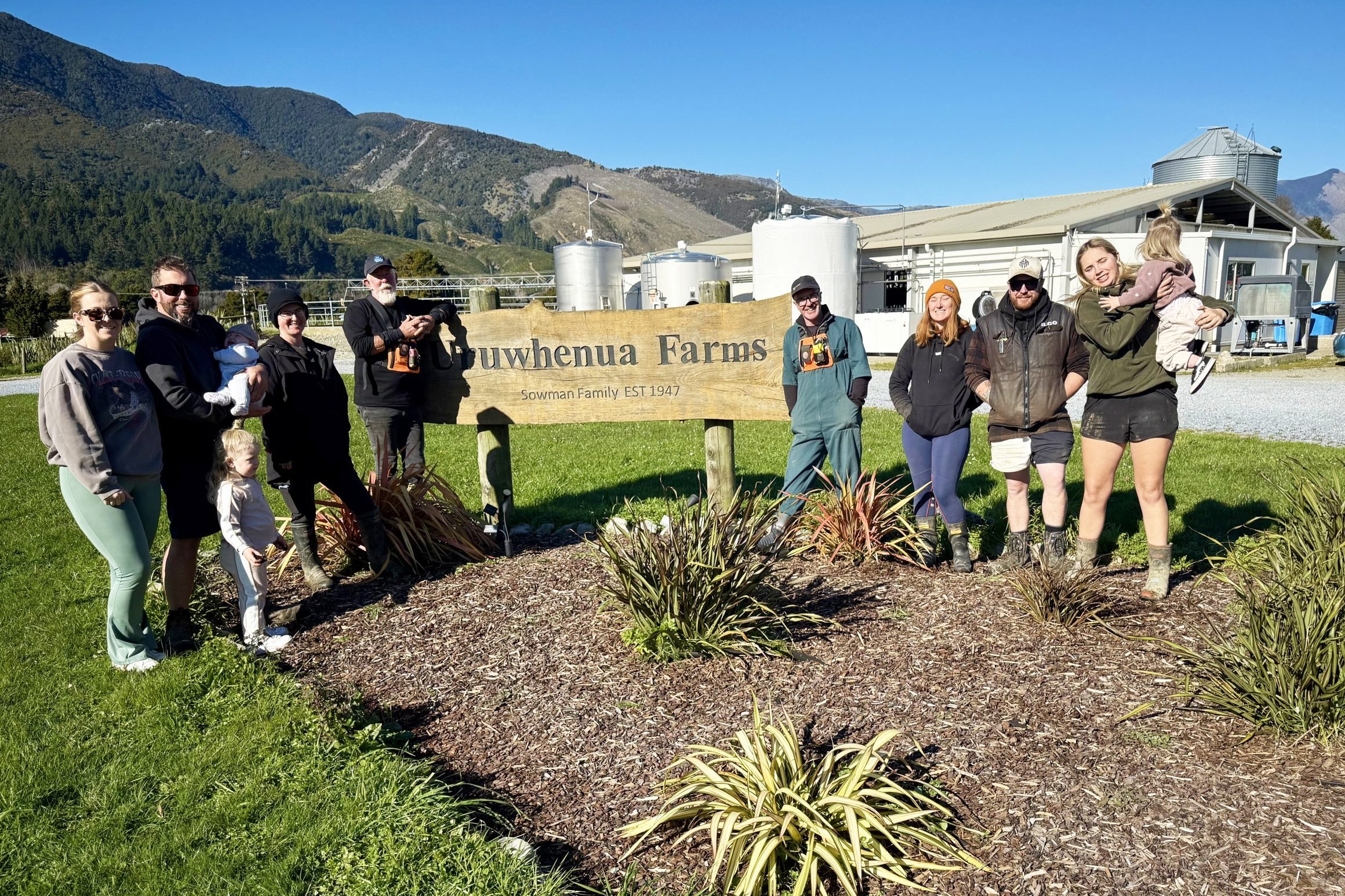Anna Campbell
Food supply is in the spotlight and rightly so. Food is a “physiological need” – level one of Maslow’s Hierarchy of Needs – above level two, safety and security. The behaviour of supermarket shoppers in a time of crisis demonstrates this at a fundamental level. In our everyday life we take access to food for granted, now we can’t.
Some commentators say it’s too early for food producers in New Zealand, to say “I told you so.” The commentators are right, we are under lockdown and feeling raw and vulnerable.
As a community we have reached out to our health workers and thanked them, the odd scientist is even getting recognised – these are strange times indeed. For many, it’s time to eat humble pie and thank our farmers as well.
Food as the mainstay of our economy will prevail, as it did in the revival from the global financial crisis. Farmers don’t gloat, it’s not in their nature, they will quietly nod in acknowledgement and get on with things – as they have always done.
This crisis has highlighted weaknesses in our food supply system and the more I read, the more I am convinced that it is the food system which requires the greatest scrutiny, rather than farmers themselves – perhaps we might shift our focus.
Professor Tim Lang, the United Kingdom’s leading expert on food policy, has written a book: “Feeding Britain,” where he states that, “although not officially at war, the UK is, de facto, facing a wartime scale of food challenge.”
He says consumers in the UK have access to a greater range of ingredients at better prices than at any time in human history, yet “all of that masks a bitter reality: we have a massively fragile just-in-time supply chain which could easily collapse; a depleted agriculture sector which produces only around 50% of the food we actually eat, leaving us at the mercies of the international markets; and production methods which are damaging to the environment and human health.” https://www.theguardian.com/environment/2020/mar/22/tim-lang-interview-professor-of-food-policy-city-university-supply-chain-crisis.
And of the food supply system itself – “At the heart of this crisis is a British willingness to let a small number of corporations dominate food retailing: just eight companies control 90% of our food supply.”
Covid-19 is nearing peak impact in terms of damage to people’s lives in the UK and relatives of mine living there tell me food rationing is looking likely. Already they cannot buy pasta and are limited for bread – yet according to the FAO (Food and Agricultural Organisation of the United Nations), the world expects near-record wheat production for 2020. It is the localised disruptions in supply and processing which create the challenges.
Similar disruption is occurring in the world’s beef supply – the China export market is opening up for New Zealand, not just because China is starting their Covid-19 recovery, but also because Brazil’s beef export port in Santos is an “absolute disaster” and the Argentinian government has banned beef exports for the next fortnight in response to local food security concerns https://www.beefcentral.com/news/green-shoots-showing-as-china-beef-demand-starts-to-re-emerge/
In NZ, we grow and export much of our food produced, which might indicate that we are sheltered from these problems. To challenge this assumption, have a look at every item in your shopping trolley and roughly work out how much includes imported ingredients or is manufactured offshore.
The Government is also looking into our duopoly supermarket system during this time of crisis, but I believe, this has long been a problem, contributing to high food prices for New Zealanders.
A very interesting report published by Coriolis (in late 2019), commissioned by MBIE and NZTE, asked the question “Is this the beginning of the end or the end of the beginning? Finding the future of the New Zealand food industry.”
The report is worth a read, they examine the intensity of our land-use – remember intensity doesn’t have to mean more dairy cows, it may mean more vegetables, more horticulture on appropriate land, pushing more livestock onto the hill country – asking the question what is the best use of different land types?
The report also asks – are we are missing out on food manufacturing jobs by having our major food companies predominantly selling ingredients to others (offshore).
As we face record job losses, these are important topics to examine, debate and understand, not just in terms of food value and jobs, but also in the interests of our own national food security – our “physiological needs.”
New Zealanders culturally cringe at the fact that we are an agricultural nation – this is noticeable by how the media portrays food production, how we educate our children, how saddled our farmers have become with bureaucracy and how our research and development spend has moved away from primary production.
The Covid-19 crisis will be a chance for our country to reposition. How should we use our land? What do we want to grow? How do we want to support our growers? How do we access investment capital and labour for greater intensification of some land types? How do we want to manufacture more of what we grow? And how should we sell what we grow?
This is a collaborative challenge for growers, private businesses and Government and vital for the future of our country – the cringe should be banished.
• Anna Campbell is the managing director of AbacusBio, a Dunedin-based agritechnology company.




